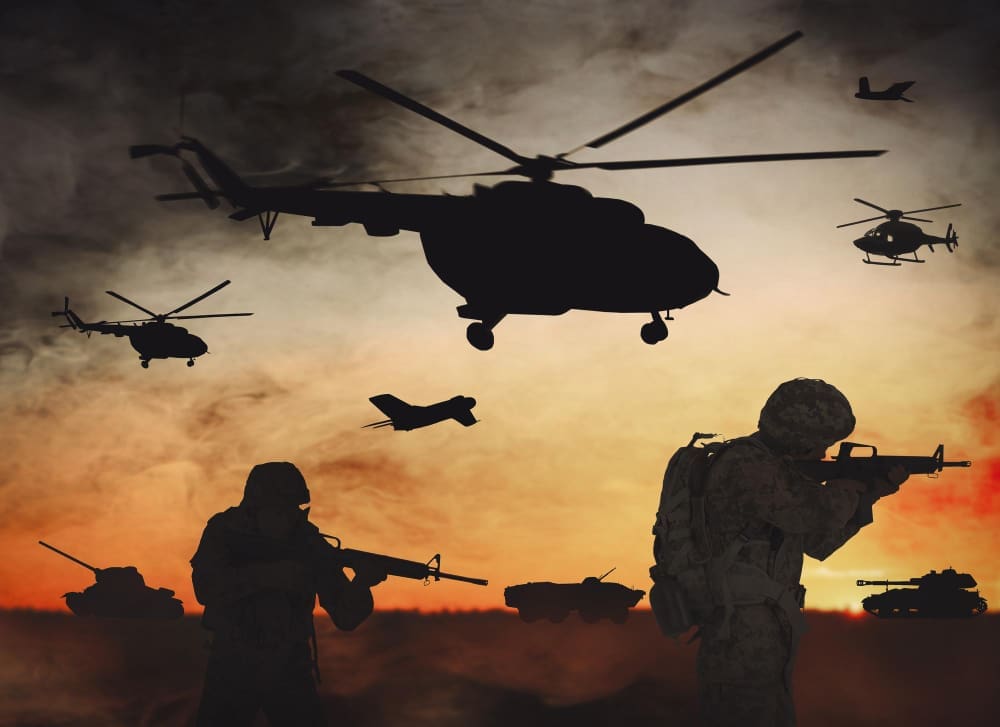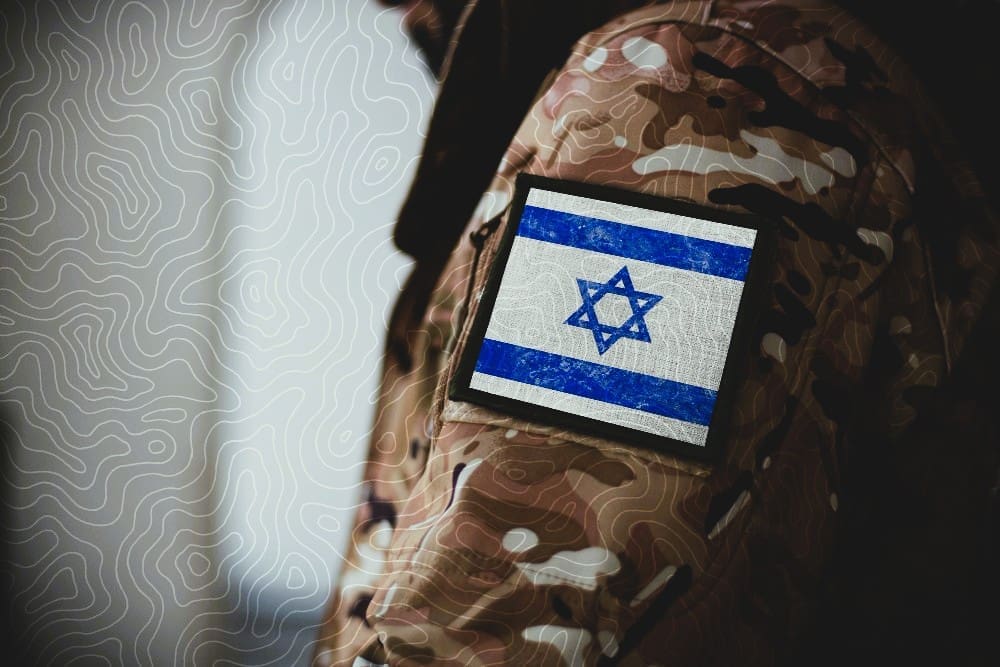Israel’s sophisticated military has achieved significant gains against a larger Iranian adversary, leveraging advanced US-supplied weaponry. Despite the apparent mismatch between Israel’s nine million citizens and Iran’s population of 88 million, Israel’s armed forces have proven formidable. Its dominance is underscored by its air superiority over Tehran, facilitated by modern fighter jets and intelligence operations that have disrupted Iranian defenses.
Israel’s control of the skies has been uncontested, with Iran’s aging fighter jets unable to respond. Israeli airstrikes have systematically targeted and destroyed significant portions of Iran’s air defenses, including the S300 missile systems. Mossad operatives have used drones to undermine Iran’s response further, and key Iranian military leaders have been eliminated.

However, Iran’s ability to retaliate remains, with a considerable arsenal of ballistic missiles. Though Israel claims to have significantly weakened Iran’s missile-launching capacity, Tehran continues to launch attacks that have penetrated Israeli defenses. Iran’s missile program, despite being heavily targeted, remains a considerable threat to Israel.
Iran has historically supported Hamas in Gaza and Hezbollah in Lebanon, but Israeli action has diminished these groups’ capabilities. The Houthis in Yemen have also managed occasional missile attacks on Israel, despite enduring US military pressure.
The potential for the conflict to escalate regionally persists. Iranian-backed groups in Iraq have previously targeted Western interests, and the US and UK have bolstered their military presence in response. The strategic Strait of Hormuz remains a critical flashpoint, with Iran capable of obstructing this vital shipping lane if it chooses.
Israel’s continued military success relies heavily on US backing, receiving substantial military aid and equipment, including advanced weaponry and interceptor missiles. President Donald Trump has supported Israel’s actions but has restricted access to certain military capabilities, such as the Massive Ordnance Penetrator, which could target Iran’s fortified nuclear facilities.
While Israel may have set back Iran’s nuclear ambitions, a decisive victory remains elusive. The air campaign, akin to past conflicts like Libya in 2011, may not lead to clear outcomes, highlighting the limitations of military power in achieving political goals.














